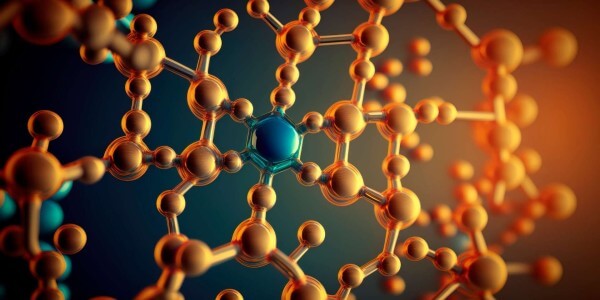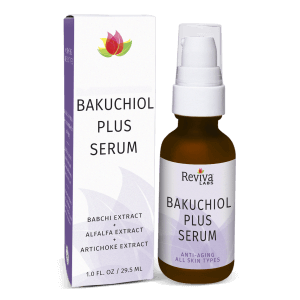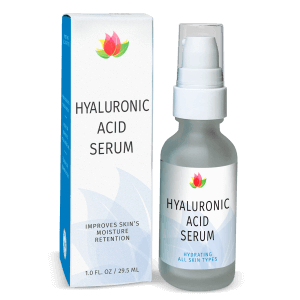Reviva Labs, Skin Care
Why Healthy Skin is Important?
Healthy skin is often seen as a marker of beauty and vitality, but its importance goes far beyond superficial appearances. The skin is the body’s largest organ, playing crucial roles in protection, regulation, and sensation. Understanding why healthy skin is essential can lead to better health choices and skincare practices that support overall well-being. This exploration delves into the multifaceted reasons behind the importance of maintaining healthy skin, supported by research and studies that underscore its significance in our lives.
The Protective Barrier
The primary role of the skin is to serve as a protective barrier between the internal workings of the body and the external environment. It guards against mechanical impacts, harmful chemicals, and various pathogens. Moreover, the skin’s ability to maintain moisture and regulate temperature is vital for overall health. Research published in the Journal of Investigative Dermatology highlights how disruptions in the skin’s barrier function are linked to conditions such as eczema and psoriasis, showcasing the importance of maintaining skin integrity for disease prevention.
Healthy skin also plays a significant role in protecting us from UV radiation. Melanin, the pigment that gives skin its color, helps shield the body from the sun’s harmful rays. However, excessive UV exposure can damage the skin, leading to premature aging and increasing the risk of skin cancer. According to the Skin Cancer Foundation, using sunscreen and adopting protective measures can significantly reduce these risks, emphasizing the importance of skin care in cancer prevention.
The Role in Sensation and Regulation
The skin is a sensory organ, equipped with receptors that help us perceive touch, temperature, and pain. This sensory function is crucial for our interaction with the environment and our ability to respond to potential dangers. Studies have shown that healthy skin has a better ability to convey sensory information, which is essential for physical coordination and the detection of environmental changes.
Furthermore, the skin plays a significant role in thermoregulation. Through the processes of sweating and blood flow regulation, the skin helps maintain the body’s internal temperature. When skin health is compromised, such as in cases of severe burns or certain dermatological conditions, this regulatory function can be impaired, leading to difficulties in body temperature management and increased vulnerability to environmental temperatures.
Psychological and Emotional Well-Being
The condition of our skin can have profound effects on our psychological and emotional well-being. Skin conditions such as acne, psoriasis, and eczema can lead to decreased self-esteem, social anxiety, and depression. A study in the American Journal of Clinical Dermatology found that individuals with skin conditions often experience a significant impact on their quality of life, highlighting the importance of healthy skin for mental health.
Moreover, the appearance of our skin can influence perceptions of health and age, affecting how we are viewed by others and, consequently, how we view ourselves. Healthy skin is often associated with youth, health, and vitality, contributing to a positive self-image and confidence.
Economic and Social Implications
The importance of healthy skin extends into economic and social realms. Skin conditions can result in substantial healthcare costs, both for direct treatments and for addressing related psychological issues. The economic burden of skin disease is a significant concern, with billions spent annually on treatment and management in the United States alone, as reported by the American Academy of Dermatology.
Socially, individuals with visible skin conditions may face stigma, discrimination, or social isolation, affecting their personal and professional lives. Promoting awareness and understanding of skin health can help reduce these social barriers and support inclusivity and acceptance.
Healthy Skin Does Impact Our Lives
Healthy skin is crucial for physical protection, sensory perception, thermoregulation, psychological well-being, and social interaction. Research and studies across various disciplines underscore the wide-ranging impacts of skin health on our lives. By adopting effective skincare practices, protecting the skin from harm, and addressing skin conditions with appropriate medical care, individuals can support their overall health and well-being. The significance of healthy skin extends far beyond aesthetic appeal, playing essential roles in our daily lives and societal interactions. Therefore, prioritizing skin health is not just about looking good; it’s about fostering a healthier, more vibrant life.












